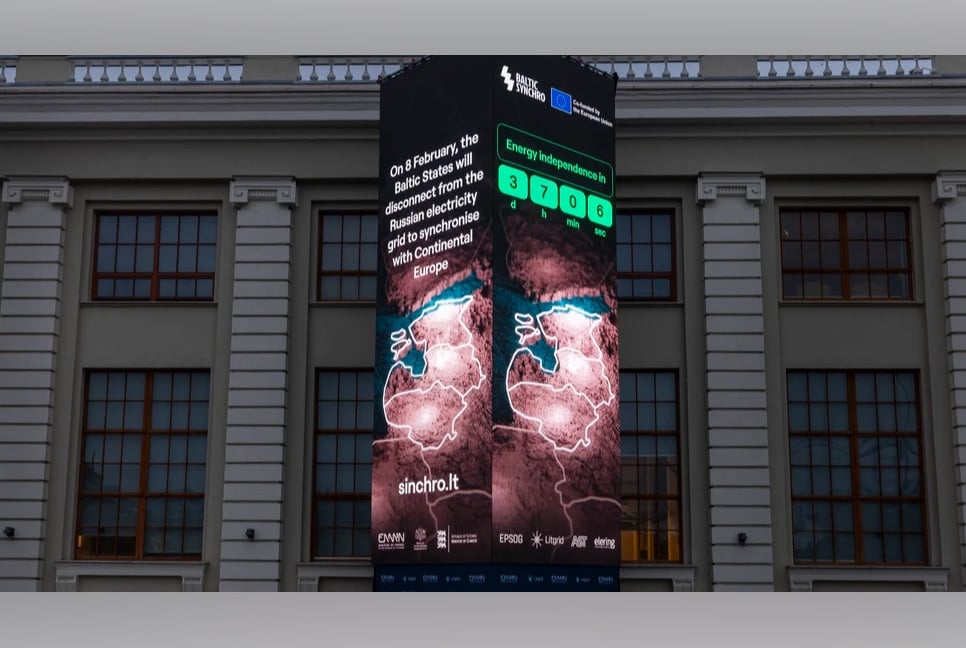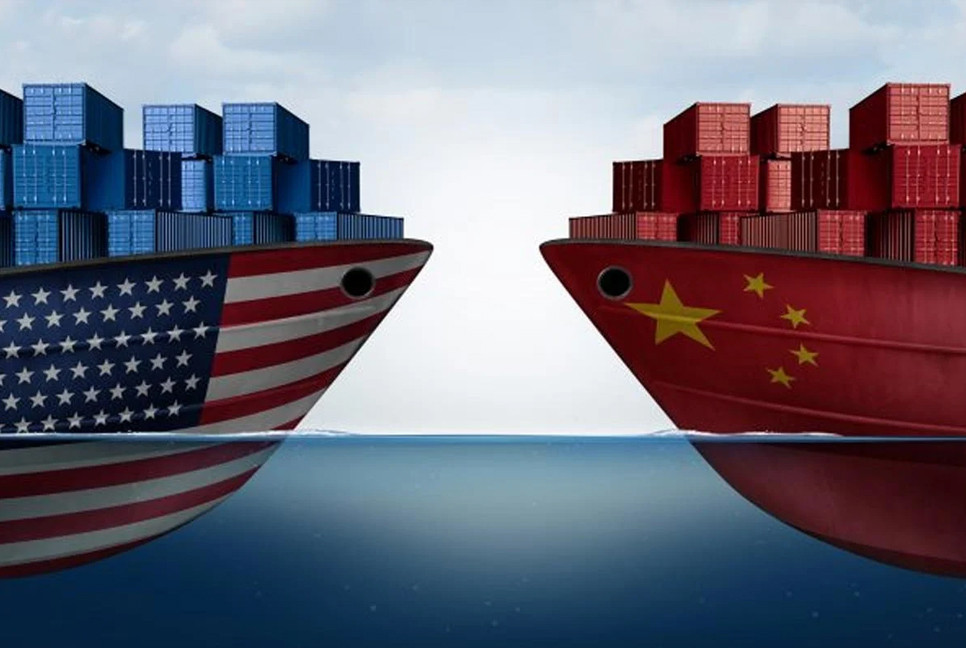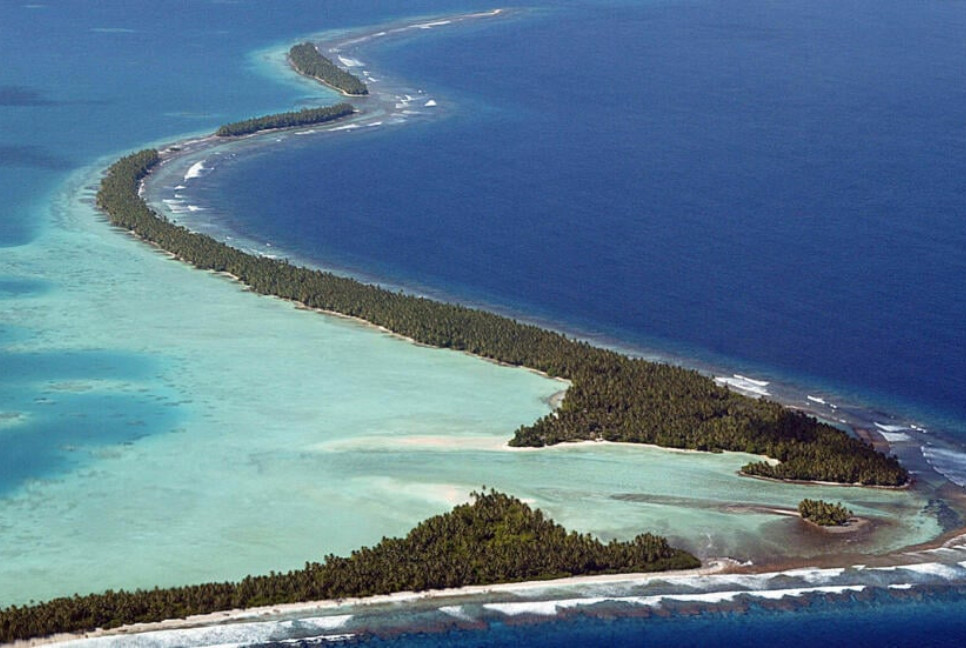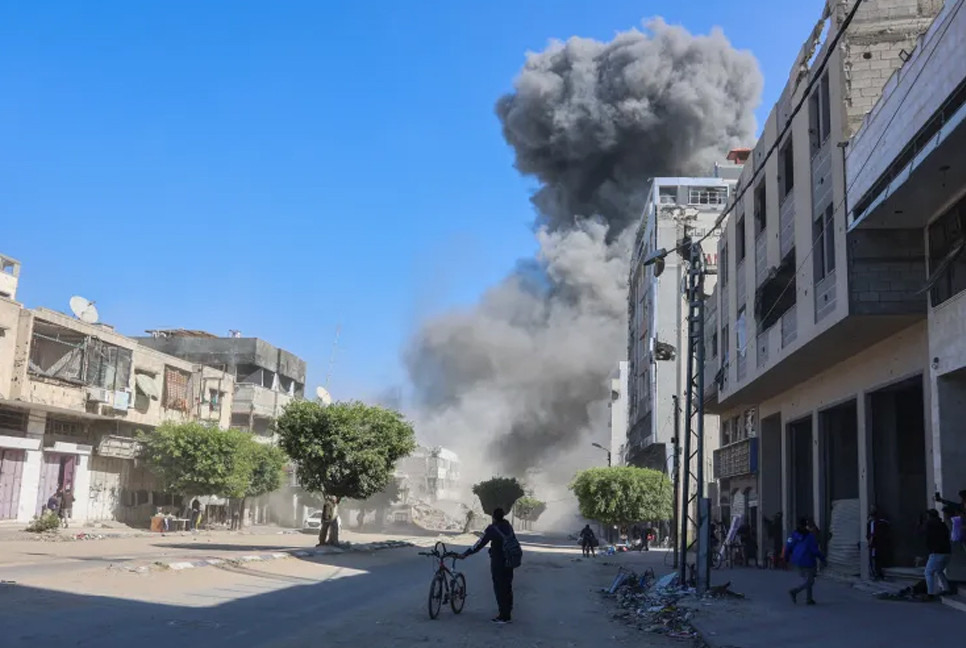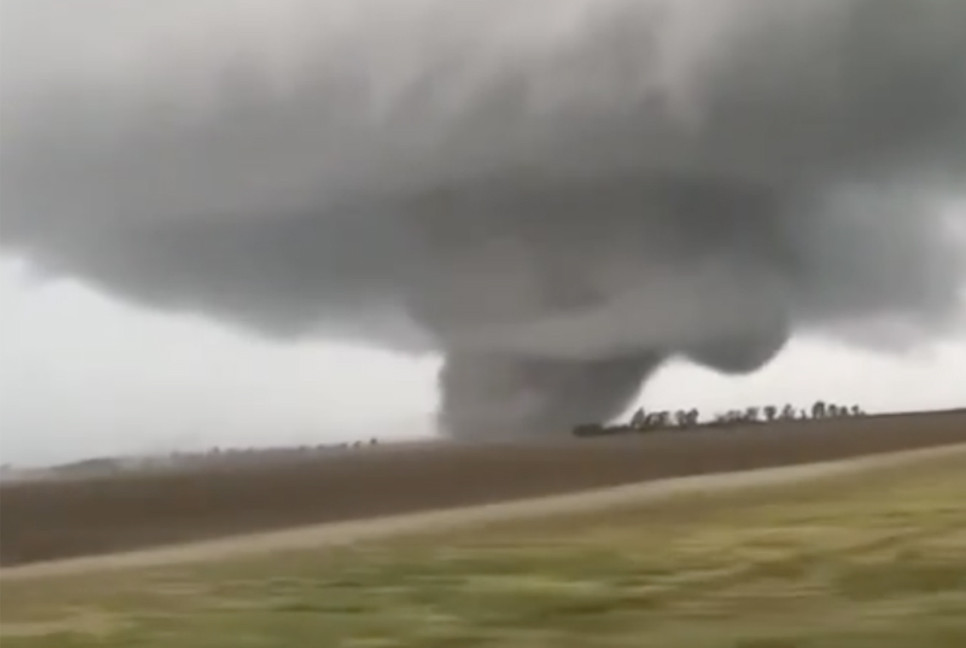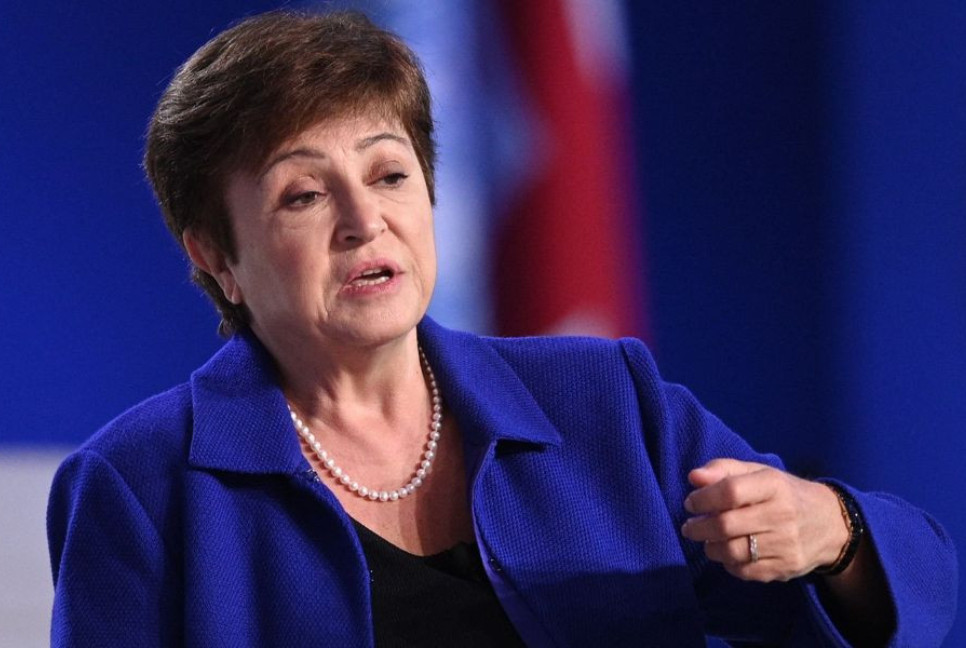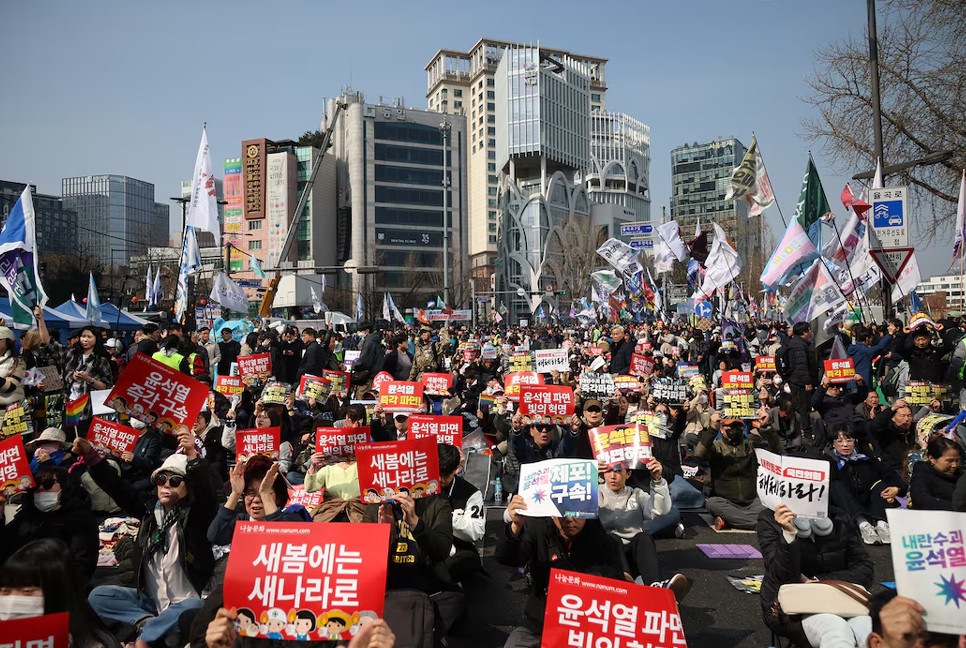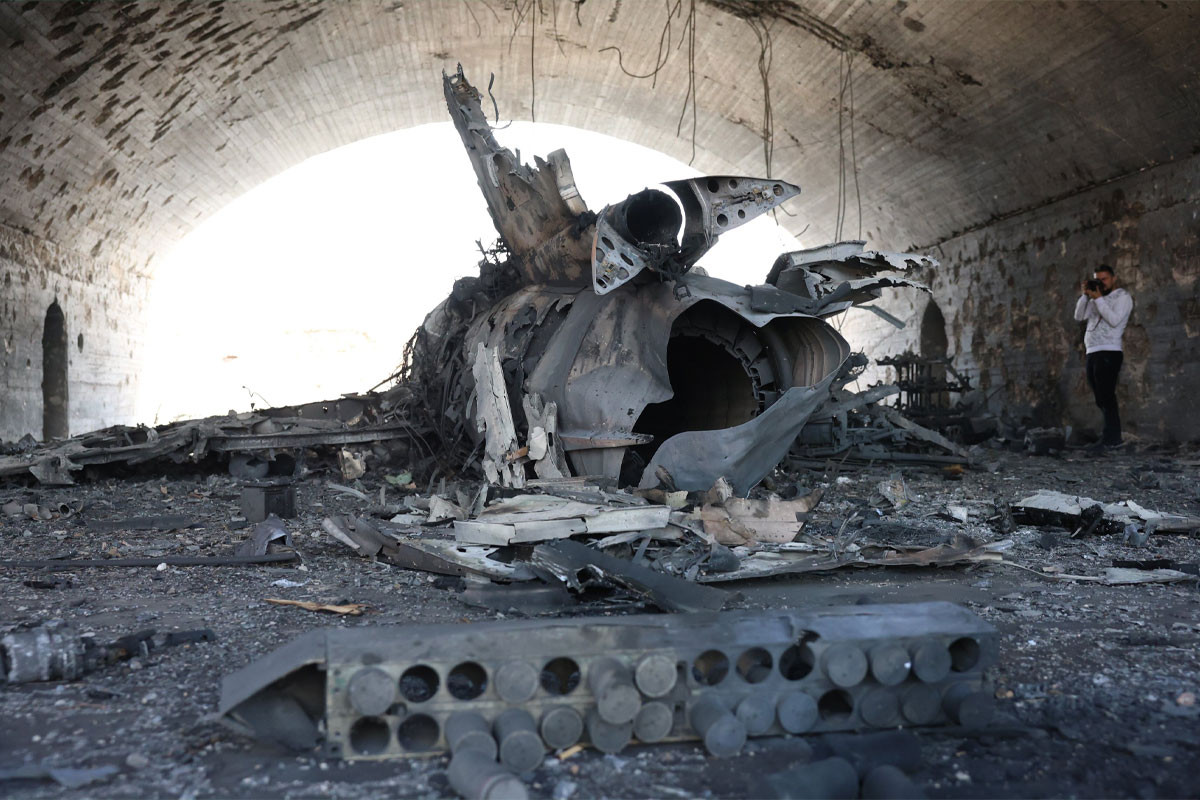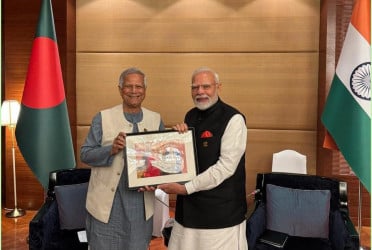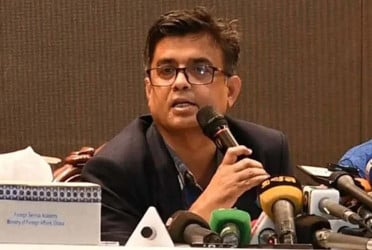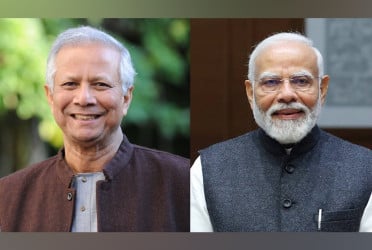Three Baltik countries Estonia, Latvia, and Lithuania officially severed their electricity links with Russia on Saturday morning, as officials deactivated the Soviet-era grid’s transmission lines in preparation for integration with the European energy network on Sunday, reports AP.
This marked the end of the Baltics' last connection to oil- and gas-rich Russia, more than thirty years after the Soviet Union's collapse. The transition held profound geopolitical and symbolic significance for both the Baltic states and the rest of Europe.
“The Baltic energy system is finally in our hands; we are in full control,” Lithuania’s Energy Minister, Žygimantas Vaičiūnas, told reporters.
On Saturday, the final transmission lines linking the Baltic states with Russia, Belarus, and the Russian exclave of Kaliningrad—situated between EU members Poland and Lithuania and the Baltic Sea—were switched off one by one. Lithuania led the process, with a specially designed 9-metre (about 29-foot) tall countdown clock in downtown Vilnius marking the final seconds. Latvia followed a few minutes later, with Estonia completing the disconnection.
For the first 24 hours after detaching from the Soviet-era grid, the Baltic Power System will function independently. If all goes according to plan, the system will connect with European energy networks on Sunday afternoon via multiple links to Finland, Sweden, and Poland.
A ceremony in Vilnius on Sunday evening will be attended by European Commission President Ursula von der Leyen, the presidents of Poland and the Baltic states, and other dignitaries.
The Baltic countries, all NATO members, have had tense relations with Russia since declaring independence from the USSR in 1990. These ties deteriorated further following Russia’s full-scale invasion of Ukraine in 2022.
Bd-pratidin English/Lutful Hoque

